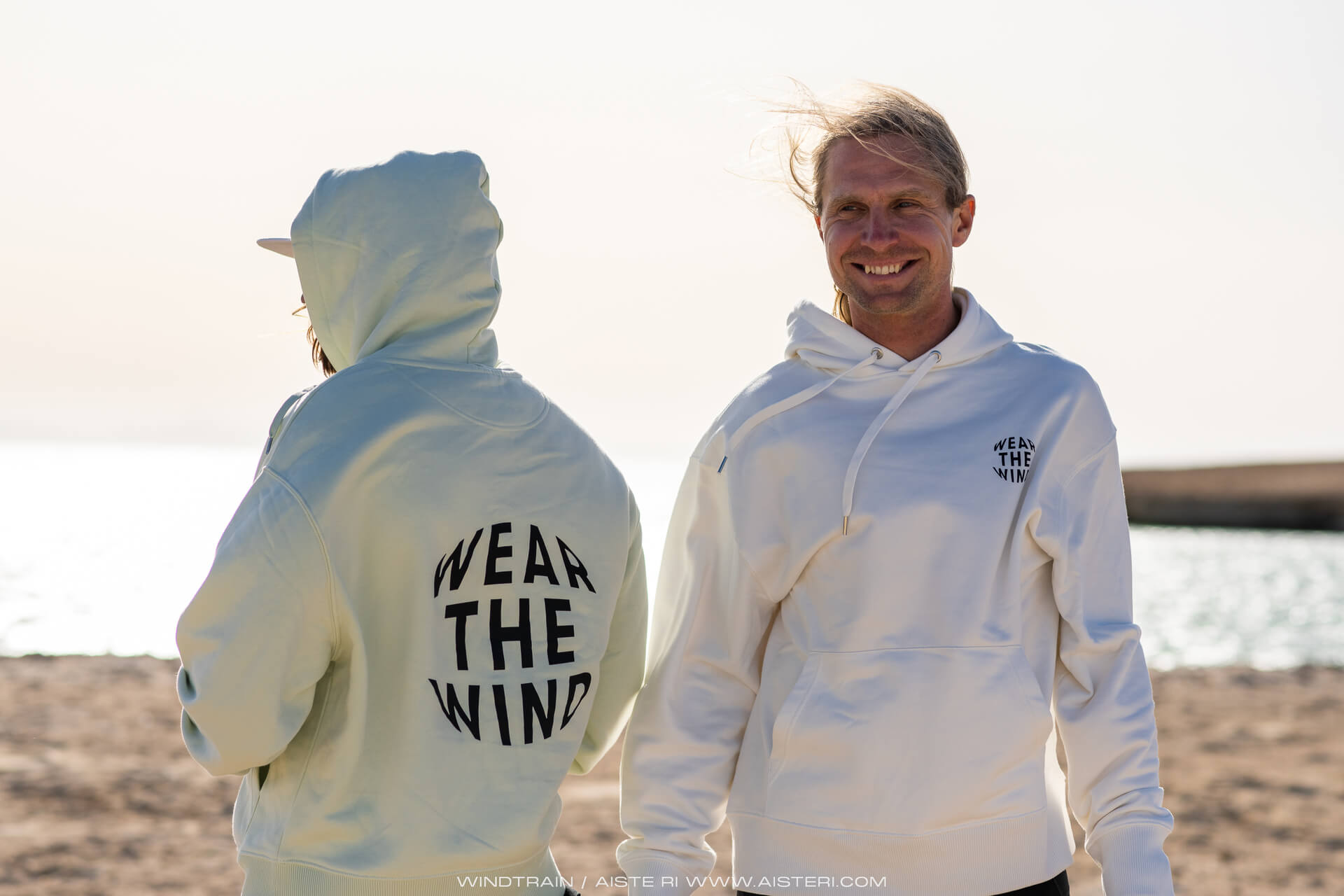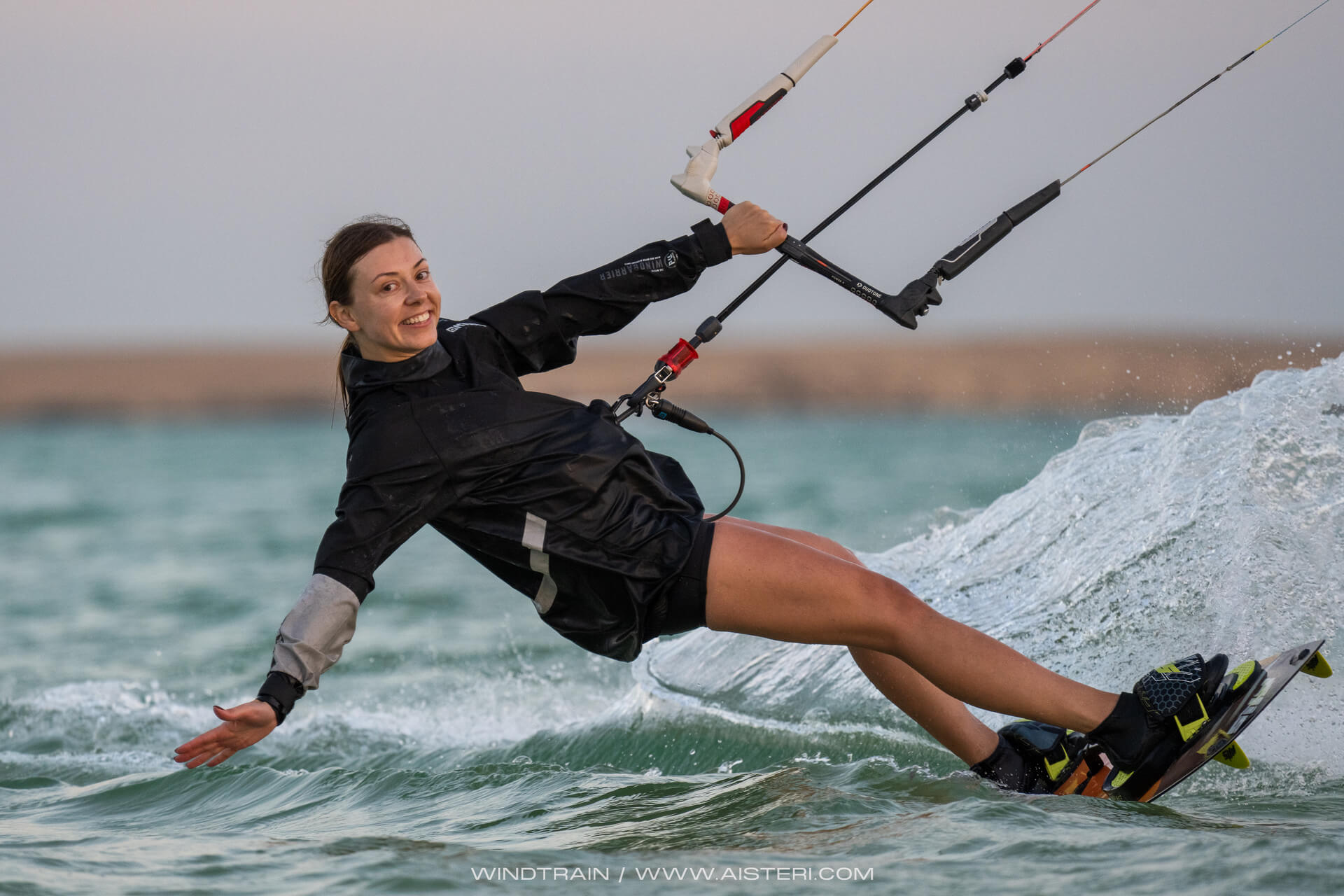
Wind therapy: a respite for ever-busy souls
In today’s fast-paced world, where demands and responsibilities seem never-ending, finding time for relaxation and rejuvenation can be challenging. Amidst the hustle and bustle, extreme sports like kiteboarding offer a unique avenue for ever-busy individuals to unwind and experience therapeutic benefits that can enhance mental well-being. Supported by scientific evidence, kiteboarding proves to be more than just an adrenaline-fueled adventure; it is a potential remedy for the stressed minds of modern life.
The joy of FLOW state
One of the most enticing aspects of kiteboarding lies in its ability to induce a state of flow. Flow is a psychological state characterized by complete immersion and focus on an activity, leading to a sense of timelessness and enjoyment. Engaging in flow experiences has been linked to improved mood, reduced stress levels, and enhanced overall well-being (Csikszentmihalyi, 1990). As kiteboarders glide across the water, harnessing the power of the wind and waves, they enter a meditative-like state that allows them to disconnect from daily worries, providing respite from the ever-busy mind.
Stress reduction and mindfulness
Kiteboarding demands full presence in the moment, requiring participants to concentrate solely on the sport. This mindfulness-like experience can act as a powerful stress-reducing mechanism, as it allows individuals to temporarily escape the pressures of their daily lives and immerse themselves in the exhilaration of the activity. Research has shown that mindfulness practices can lead to reduced stress, anxiety, and improved emotional regulation (Khoury et al., 2015), making kiteboarding a potentially effective means of achieving mental tranquility.
Boosting positive emotions
Extreme sports, including kiteboarding, have been associated with the release of adrenaline and endorphins, leading to feelings of excitement, euphoria, and increased positive affect. These positive emotions can counteract the negative effects of stress and contribute to a sense of well-being (Cohn et al., 2009). By seeking out thrilling experiences in a controlled environment, ever-busy individuals can inject a dose of joy and exhilaration into their lives.
Fostering resilience and self-efficacy
Conquering the challenges posed by kiteboarding can instill a sense of accomplishment and self-efficacy – the belief in one’s abilities to overcome obstacles. This newfound confidence can extend beyond the sport, empowering individuals to face other challenges in life with greater resilience (Bandura, 1994). For ever-busy people constantly juggling responsibilities, kiteboarding can serve as a reminder of their own strength and capacity to triumph.
Building a supportive community
Participating in extreme sports often involves becoming part of a close-knit community of fellow enthusiasts. The social support and sense of belonging that come from sharing a passion with others can be invaluable for mental well-being (Hagerty et al., 1996). For ever-busy souls, engaging with like-minded individuals during kiteboarding outings can provide an essential social outlet, fostering connections beyond the realm of work and obligations.
In conclusion, kiteboarding offers more than just an adrenaline rush. It presents a holistic and potentially therapeutic experience for ever-busy individuals seeking respite from the relentless demands of modern life. The scientific evidence supporting the positive effects of flow state, stress reduction, positive emotions, self-efficacy, and social support provides a compelling case for embracing the winds of change and taking to the waters for a revitalizing journey of mental well-being.
“Best wishes,
Aidas Ramanauskas, WindTrain instructor”
References:
- Csikszentmihalyi, M. (1990). Flow: The Psychology of Optimal Experience. Harper & Row.
- Khoury, B. et al. (2015). Mindfulness-Based Stress Reduction for Healthy Individuals: A Meta-Analysis. Journal of Psychosomatic Research, 78(6), 519-528.
- Cohn, M. A. et al. (2009). Happiness Unpacked: Positive Emotions Increase Life Satisfaction by Building Resilience. Emotion, 9(3), 361-368.
- Bandura, A. (1994). Self-Efficacy. In V. S. Ramachaudran (Ed.), Encyclopedia of Human Behavior (Vol. 4, pp. 71-81). Academic Press.
- Hagerty, B. M. et al. (1996). The Role of Religion in Stress, Job Strain, and Well-Being. Journal of Religion and Health, 35(3), 229-238.



